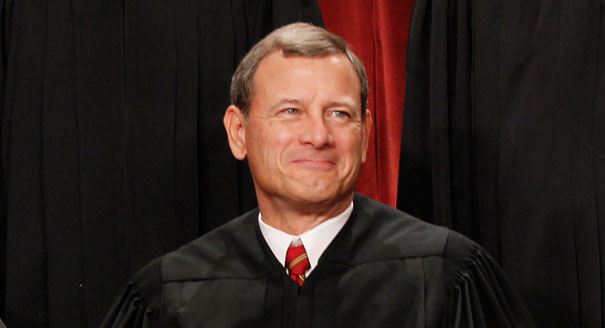When the Supreme Court legalized same-sex marriage nationwide in Obergefell v. Hodges, many LGBTQ commentators recognized there could be backlash. And indeed there was. “Bathroom bills,” such as House Bill 2 in North Carolina, were passed requiring people to use the bathrooms that correspond with the sex marker on their birth certificates.
But the backlash has also included attacks on the core of LGBTQ families: parental rights. Arkansas refused to permit the nonbiological parent in a same-sex couple to be listed as the parent on the child’s birth certificate. This was the case even though the law generally required the male spouse of opposite-sex couples to be listed as the father, regardless of whether he was the biological father. The Arkansas Supreme Court subsequently decided that this state of affairs did not violate the Supreme Court’s Obergefell decision.
On June 26, the US Supreme Court summarily rejected the Arkansas Supreme Court’s decision in Pavan v. Smith. The court reasoned that Arkansas was “den(ying) married same-sex couples access to the ‘constellation of benefits that the Stat(e) ha(s) linked to marriage,’” as required by Obergefell. The decision was per curiam, written for the court without identifying the particular author of the decision.
Despite three dissents, Chief Justice John Roberts joined the majority decision, indicating that he may be a swing vote in protecting same-sex marriage in the not too distant future.
Justice Neil Gorsuch, in contrast, authored a dissent, offering his first views on the rights of LGBTQ persons, joined by Justices Clarence Thomas and Samuel Alito. Gorsuch argued that Obergefell did not clearly answer the question of whether a state’s registration regime could not legitimately favor biological parental relationships, making summary reversal inappropriate.
More importantly, he strongly suggested he would uphold the Arkansas decision. In Gorsuch’s view, “it is very hard to see what is wrong with this conclusion for, just as the state court recognized, nothing in Obergefell indicates that a birth registration regime based on biology … offends the Constitution. ” According to Gorsuch, the Supreme Court’s decisions “suggest just the opposite conclusion.
In light of his dissent, Gorsuch will likely not be a supporter of LGBTQ rights, and others have already called him out for this position.
So what does this say about the ongoing legality of same-sex marriages? With Justice Kennedy remaining on the bench, same-sex marriage likely remains secure — at least for now. Gorsuch replaced the late Justice Antonin Scalia, who had opposed same-sex marriage. As such, the 5-4 majority in Obergefell effectively remains in place.
But what happens if Justice Kennedy, the author of Obergefell, retires over the next few years? A Republican appointment would seem to tip the balance against marriage equality. As such, as I’ve noted before, marriage equality would be at risk.
Or will it?
What has been overlooked in the discussion of the Arkansas case is the vote of Roberts. He joined the per curiam opinion, yet he dissented in Obergefell. If he continued to oppose Obergefell, he easily could have joined the dissenters in the Arkansas case.
But he didn’t, which indicates he may be critical in protecting same sex marriage equality. To begin, the chief justice seems to be concerned with his legacy and the broader implications of a partisan court undermining the legitimacy of the judicial branch. He surprised many — and angered several conservatives — by twice saving President Barack Obama’s Affordable Care Act. He may therefore be leery of potentially disrupting what has become settled law.


